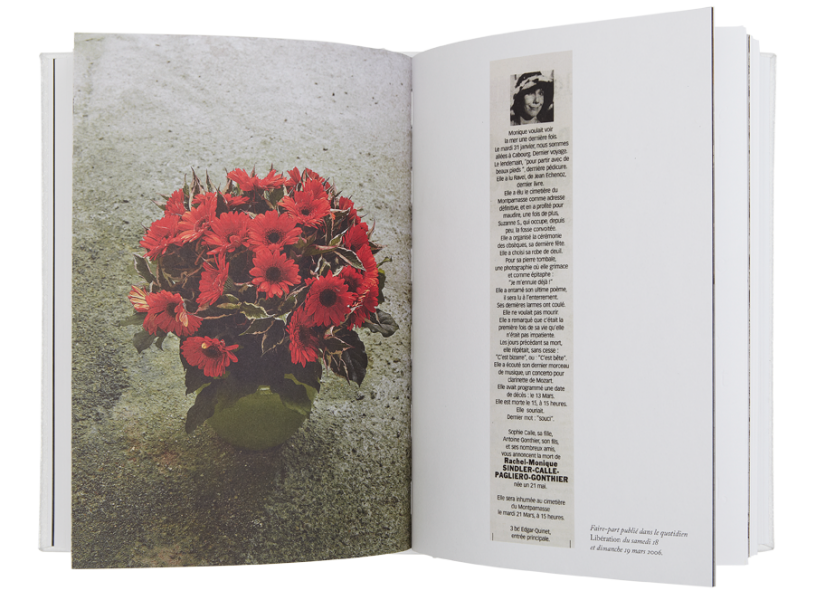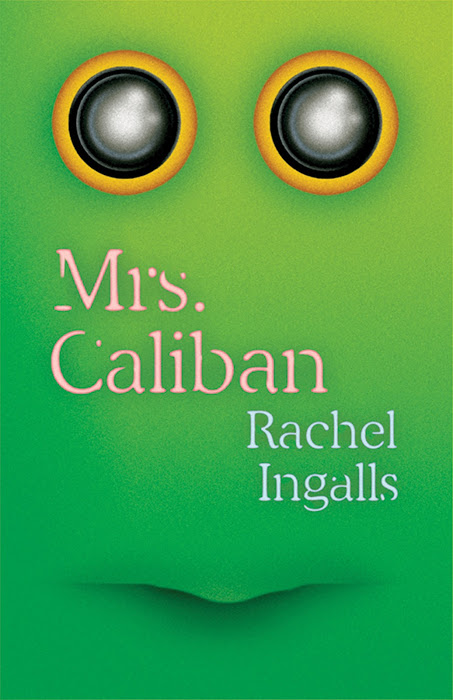【Bengali Archives】
Staff Picks: Mothers,Bengali Archives Metromedia, Murderous Amphibians
This Week’s Reading

From Rachel, Monique…
Last night, I dipped into Rachel Ingalls’s 1982 novel, Mrs. Caliban, which New Directions will reissue later this year, and am already agog over it. I’ll admit, its premise seemed a smidge too outré, even for me, but after the first few pages I was hooked. Mrs. Caliban follows a lonesome housewife, Dorothy, who—tormented by the malaise of domestic life, her husband’s infidelity, and the loss of their two children—takes up an affair with a six-foot-seven, murderous amphibian named Larry, who’s just escaped from the Oceanographic Research Institute. Thirty pages in, the two have already “made love on the living-room floor and on the dining-room sofa and sitting in the kitchen chairs, and upstairs in the bathtub.” As deranged as the whole thing is, Ingalls’s prose, strikingly austere, taps into a profound sadness, too: Is Mrs. Caliban a work of fantasy or are we inhabiting the psyche of a woman unhinged? Whatever the answer, the book is, as Michael Dorris wrote in his 1986 review in the Times, an “intriguing portrait of a woman’s escape from unacceptable reality,” and one that begs to be read over and over again. —Caitlin Youngquist
Sophie Calle’s new project at Green-Wood Cemetery has gotten a lot of attention this week, deservedly, but I’m hung up on Rachel, Monique…, a memorial to her mother in the form of a lavish, clothbound book, with an embroidered cover and iridescent fabric. Based on Calle’s 2010 exhibition at the Palais de Tokyo, the book arranges diary excerpts and family photographs to tell an oblique story about mothers and daughters, and the narrative that coalesces around a life glimpsed in fragments. Calle’s mother, who died in 2007, comes across as observant and sharp, with a charming fatalism waxing and waning over the years. Calle, unsurprisingly, likes to linger on her thinking about death. One diary entry says simply: “God, I hate spring!” In another, she writes, “I would already like Christmas to be over. Or perhaps I’d like my life to be over.” And elsewhere: “Good-bye, Diary! I’m off to New York. Let’s hope it will all be wonderful. If the plane crashes, here’s a cheery farewell to life!” —Dan Piepenbring

As I watched Kasper Collin’s I Called Him Morgan at the Lincoln Center a few weekends ago, I reveled in all the images and sounds soaking into the room. The film celebrates the life of the jazz trumpeter Lee Morgan, who was shot and killed by his wife, Helen, in an East Village club in 1972. It was an ancient squabble: Morgan was having an affair, he brought the other woman to the club that night, Helen saw her, they fought, she shot him. Of course, murder is more complicated than that, and forgiveness is, too, as the Collin’s narrative ultimately shows. Helen shot Lee in front of his friends, many of whom were interviewed for the film. They couldn’t believe the murder when it happened, but by the end they all express feelings of deep sympathy, even affection, for their friend’s murderer. Watching the film is a deeply sensory experience. There’s the music, of course, but also the gorgeous textured images, shot by cinematographer Bradford Young: the Chrysler building on a snowy night, taxis arranging themselves around crowded streets, the city skyline. As Adam Shatz wrote on the Dailylast month, these images give the movie “[an] atmosphere reminiscent of the French New Wave, a movement intoxicated by the sounds of sixties jazz.” —Caitlin Love

From Typewriters, Bombs, Jellyfish.
The essays in Tom McCarthy’s Typewriters, Bombs, Jellyfishare enjoyably weird and clever: they function like a hydraulic press, testing the tensile strength of his associations (see the title). McCarthy doesn’t mash things together as much as he searches for connection, asking why two disparate ideas seem to work and what their connection ultimately means. His essay “Metromedia, or Why London’s Weather Is in the Middle of Everything” taught me that the publication of local weather reports in London’s Daily Newsushered the concept of interconnectivity into the minds of everyday citizens, highlighting the individual’s spatial limitations and essentially shrinking the world. By the time I finished it, I agreed that weather is communication, communication is weather, and that “Datum est: it is given. Date is what centers us inside the universe, its gift.” All this from a short essay that, essentially, is a beautiful excuse for talking about the weather when a conversation slackens. It makes me eager to dive back in and watch McCarthy’s brain. —Jeffery Gleaves
I got a copy of Federico García Lorca’s collectionPoet in New York before I ever lived in New York. Reading it then, I noted the earnest metaphor of Lorca’s lines. I could keep Lorca at arm’s length; New York was distant and his magic had a similar otherworldliness. Now that I live here, I’ve returned to Lorca, finding that his freedom with metaphor is well disposed to the unlikely, occasionally jarring simultaneities of this place. In a poem titled “New York (Office and Denunciation),” he writes, “A river that sings and flows/past bedrooms in the boroughs— / and it’s money, cement, or wind / in New York’s counterfeit dawn. / I know the mountains exist. / And wisdom’s eyeglasses, / too. But I didn’t come to see the sky.” He writes about enclosure. There are mountains, yes, which may be formidable, but they are elsewhere and rightly so. Here, in New York, there is cement, money, and wind. Poet in New York offers, in its manifold imagery, an experience of particularity and of immersion, of feeling big and of feeling small, and of the intersection of disjunction and coherence within New York’s roiling vitality. —Noah Dow
Search
Categories
Latest Posts
The 10 Most Anticipated PC Games of 2016
2025-06-26 07:09There's a great new Michael Jordan meme thanks to 'The Last Dance'
2025-06-26 06:235 strange truths revealed by NYC's new dog name database
2025-06-26 06:12The Baffler’s May Day Round Up
2025-06-26 05:44Popular Posts
Universal Basic Income and coronavirus: Lessons from history
2025-06-26 06:35Best robot vacuum deal: Save $200 on Eufy X10 Pro Omni robot vacuum
2025-06-26 05:24Featured Posts
AMD Radeon RX 550 + Intel Pentium G4560
2025-06-26 07:49Introducing cloud eggs, coming to a brunch near you
2025-06-26 07:21What is VoIP? An expert explains.
2025-06-26 06:19Why I refuse to sign up for Zoom
2025-06-26 06:12The State of PC Gaming in 2016
2025-06-26 05:23Popular Articles
'The Last of Us' Season 2, episode 5: The spores are here!
2025-06-26 07:4315 Star Wars quotes to live by
2025-06-26 07:16Oprah Winfrey to give speech in virtual Facebook graduation ceremony
2025-06-26 06:03Bing made the best coronavirus tracker. Seriously.
2025-06-26 05:58Apple is actively looking at AI search for Safari
2025-06-26 05:21Newsletter
Subscribe to our newsletter for the latest updates.
Comments (39311)
Art Information Network
Best Garmin deal: Save over $100 on Garmin Forerunner 955
2025-06-26 07:54Miracle Information Network
'Parks and Recreation' announces socially distanced reunion special
2025-06-26 07:47Upward Information Network
Twitter quietly deletes millions of accounts from the old text message days
2025-06-26 07:38Follow Information Network
Jinx, buy me a Coke: Unpacking one of Jim and Pam's greatest 'Office' episodes
2025-06-26 07:07Belief Information Network
Best iPad deal: Save $132 on Apple iPad (10th Gen)
2025-06-26 06:41